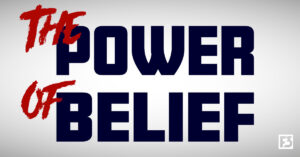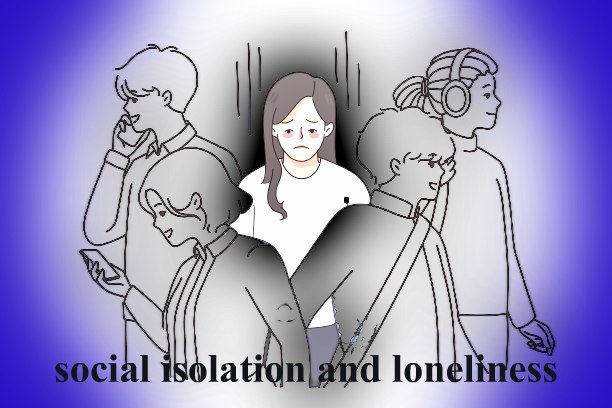Challenging Your Beliefs: The Importance of Critical Thinking

Beliefs are the lens through which we view the world. They shape our perspectives, influence our decisions, and guide our actions. However, not all beliefs are created equal. Some are based on sound reasoning and evidence, while others are the result of biases, misinformation, or unquestioning acceptance. In this blog, we will explore the vital role of critical thinking in challenging our beliefs, why it’s essential, and how it can lead to personal growth and a more rational, informed worldview.
The Nature of Belief:
Beliefs are the mental constructs that help us make sense of the world. They encompass everything from religious and political convictions to everyday opinions and personal values. Our beliefs can be deeply ingrained, and they often shape our identity and our interactions with others.
What Is Critical Thinking?
Critical thinking is a cognitive skill that involves evaluating information, arguments, or beliefs in a systematic and logical manner. It’s about going beyond surface-level acceptance and delving into the underlying reasoning and evidence.
“Believe in yourself and all that you are. Know that there is something inside you that is greater than any obstacle.”
– Christian D. Larson
Why Challenging Your Beliefs Matters:
Avoiding Cognitive Biases: Human thinking is susceptible to cognitive biases, which can lead to irrational or unfounded beliefs. Critical thinking helps us identify and counteract these biases.
Encouraging Growth: Challenging your beliefs promotes personal growth by fostering a willingness to learn and adapt. It prevents stagnation and keeps your mind open to new ideas.
Enhancing Decision-Making: When you apply critical thinking to your beliefs, you make better decisions. You become more discerning about the information you accept and the actions you take.
Improving Relationships: A willingness to critically examine your beliefs can lead to more constructive conversations and better relationships with people who hold different beliefs.
“Believe you can, and you’re halfway there.”
– Theodore Roosevelt
Steps to Challenging Your Beliefs:
Identify Your Beliefs: Start by recognizing and listing your beliefs. Be honest with yourself about what you truly believe, and don’t shy away from controversial or deeply ingrained ideas.
Question Your Beliefs: Ask yourself why you hold these beliefs. What evidence or experiences led you to them? Are they based on facts or assumptions?
Seek Diverse Perspectives: Engage with people who hold different beliefs. Exposure to diverse viewpoints can challenge your existing beliefs and lead to a more balanced perspective.
Evaluate Evidence: When you come across new information, assess its credibility and reliability. Don’t accept information at face value; investigate the sources and their biases.
Be Open to Change: Accept that changing your beliefs is a sign of growth, not weakness. Be willing to revise your beliefs when new evidence or insights emerge.
Final Words:
Challenging your beliefs through critical thinking is a powerful tool for personal growth and intellectual development. It allows you to break free from cognitive biases, make better-informed decisions, and maintain open, respectful dialogues with others. Remember that the willingness to examine and adapt your beliefs is a sign of intellectual maturity and a step towards a more rational, empathetic, and informed worldview. So, start today by questioning your beliefs, seeking diverse perspectives, and embracing the transformative power of critical thinking.







